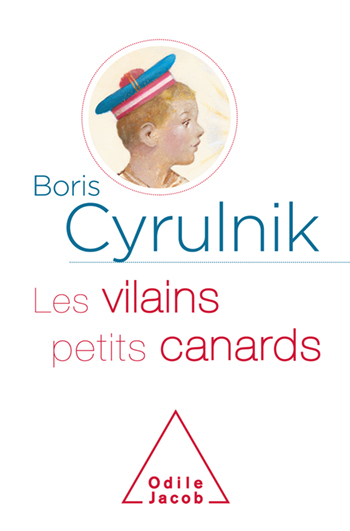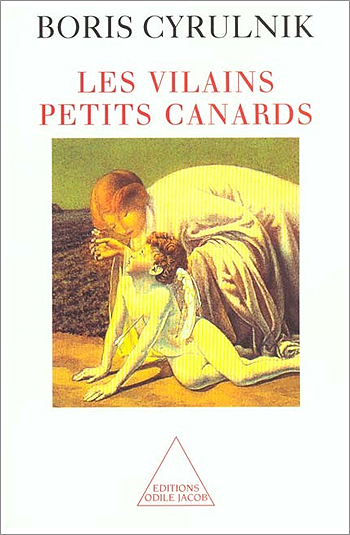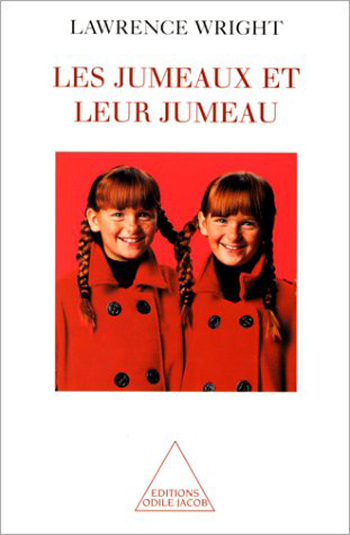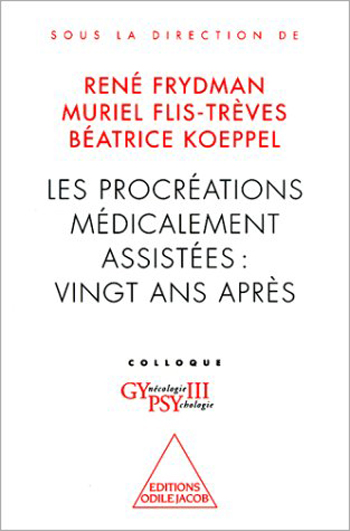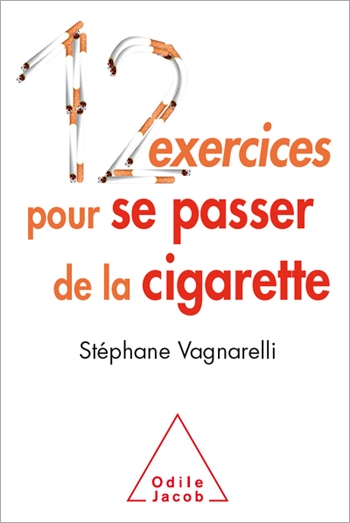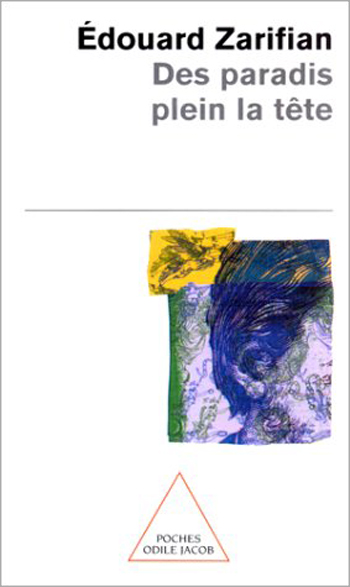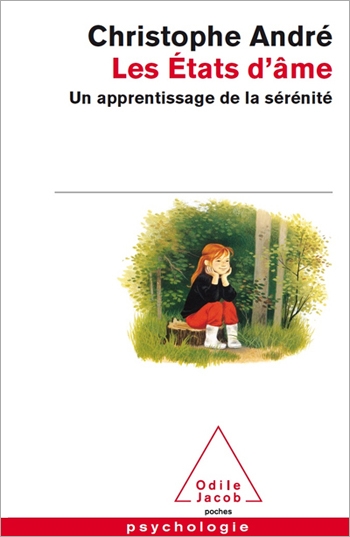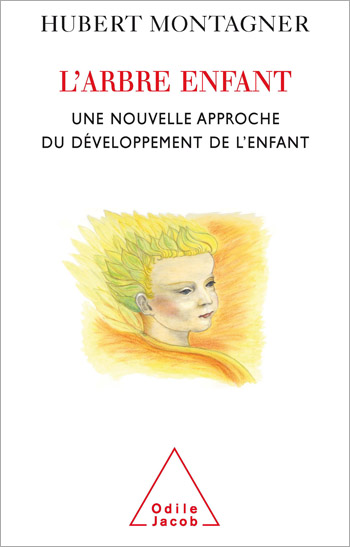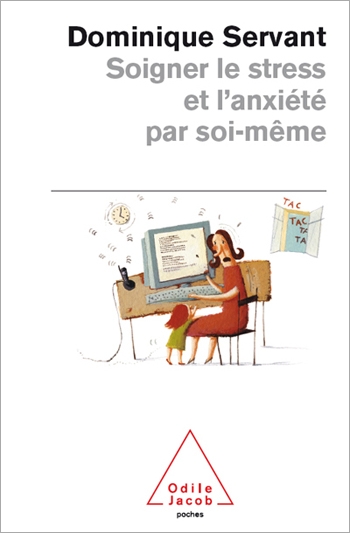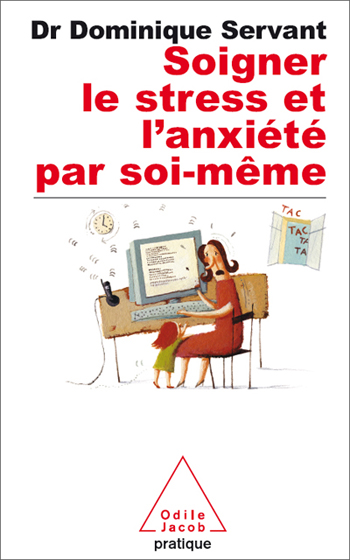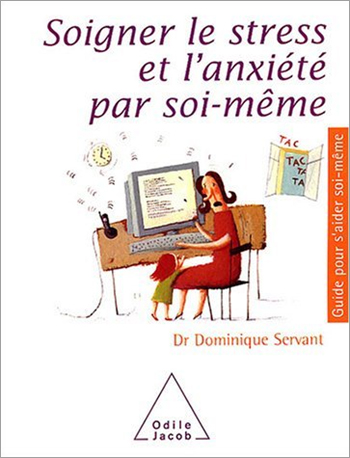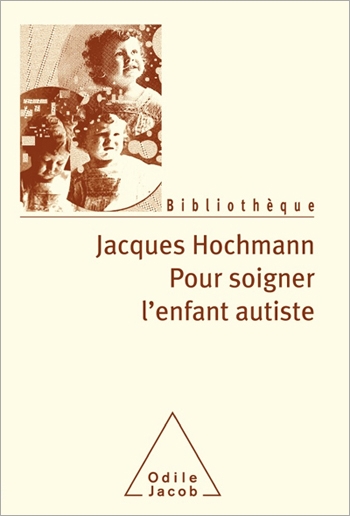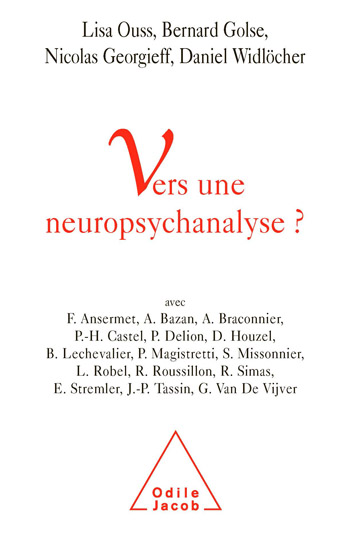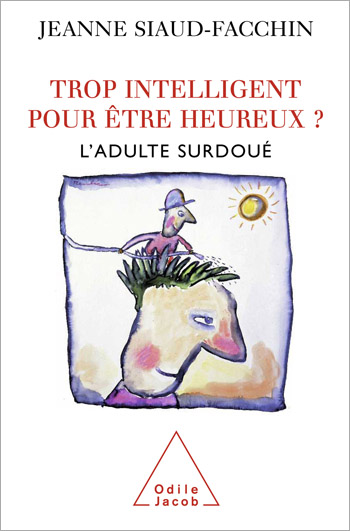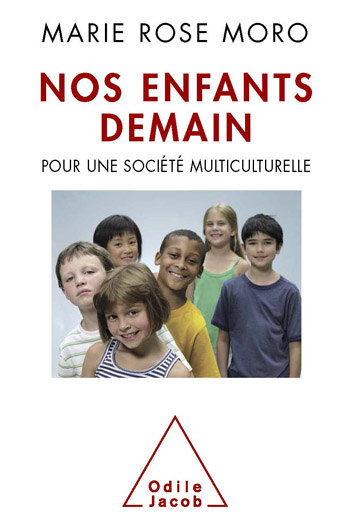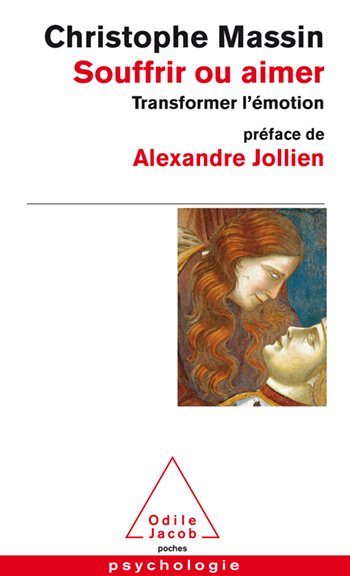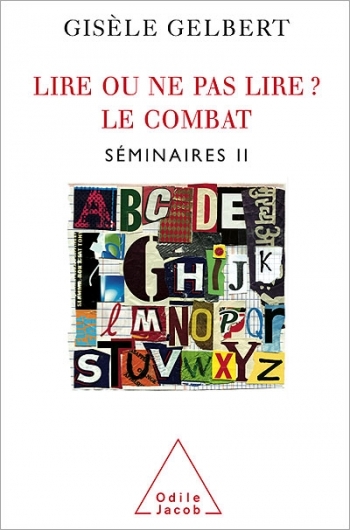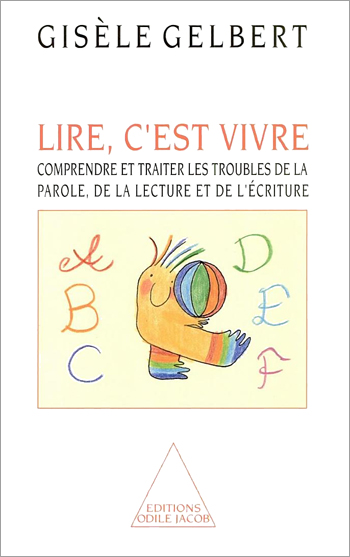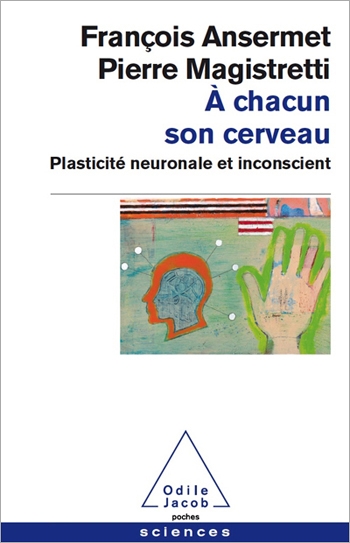Psychology All books
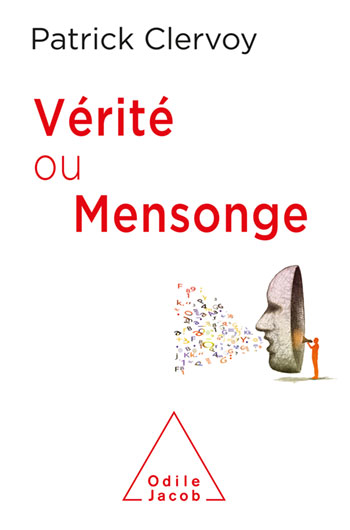
Patrick Clervoy
Truths or Lie? Why do we believe lies?
This book, which explores the mechanism of a lie, reads like a collection of stories.
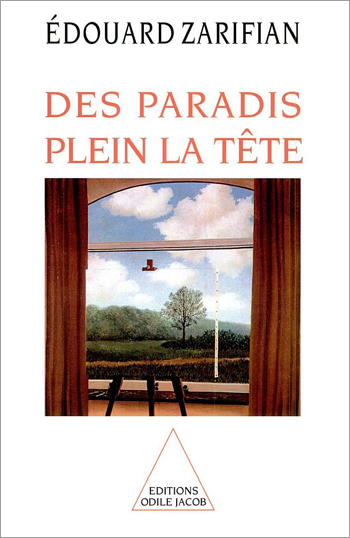
Édouard Zarifian
The True Paradises in Your Head
Nowadays, we are not entitled to be sad without being told: this is a disease . Consequences: instead of receiving love and friendship, the distressed person receives a medicine which deepens his solitude. Édouard Zarifian, a well-know psychiatrist, argues against the abuse of psychotropes in prescriptions and warns us against a society ready to normalize emotions.
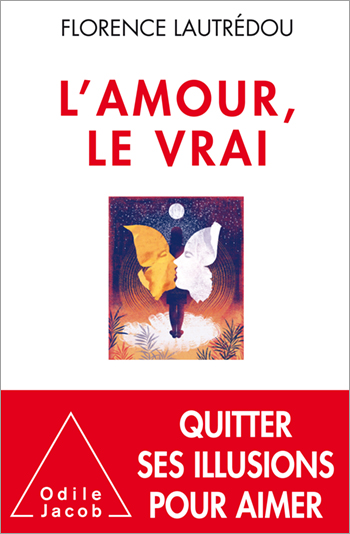
Florence Lautrédou
True Love Breaking Free from the Illusions of Love
Written in vibrant and literary style, but at the same time a real guide to personal development which will help guide the way along the path of love. Finding real love remains a major hope for many women.
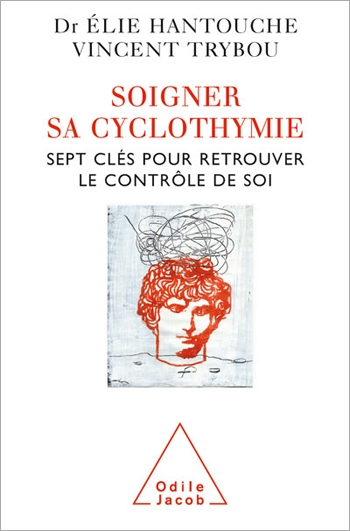
Élie Hantouche, Vincent Trybou
Treating Your Cyclothymia Seven Keys of Self-Mastery
This sensible, useful guidebook is illustrated with numerous examples; it includes self-evaluation tests, practical information, and exercises for daily use.
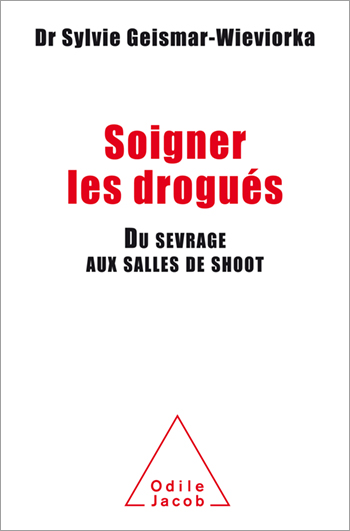
Sylvie Geismar-Wieviorka
Treating drug users From cold turkey to shooting galleries
A front-line doctor explains how to treat drug addicts
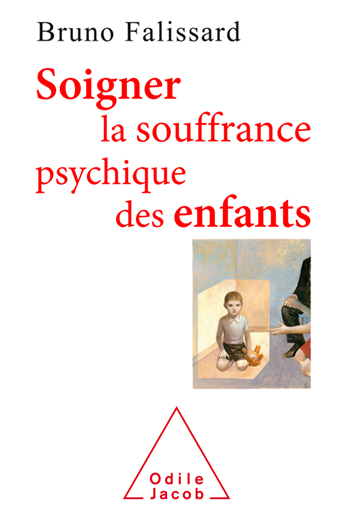
Bruno Fallisard
Treating Children’s Psychological Suffering
According to a study by the World Health Organization, for children aged 5 to 14, mental illnesses have the greatest impact on their health.
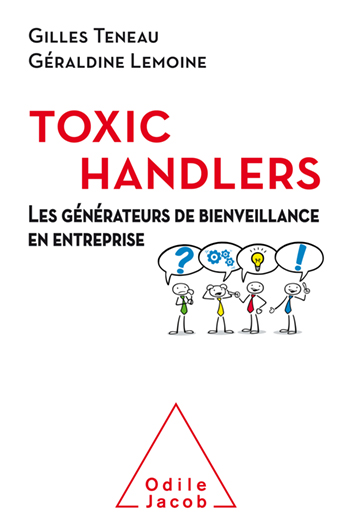
Gilles Teneau, Géraldine Lemoine
Toxic Handlers Generators of Goodwill in Companies
Criteria to enable HR professionals and company managers to recognize, recruit, and support these unique personalities who are so valuable to organizations.
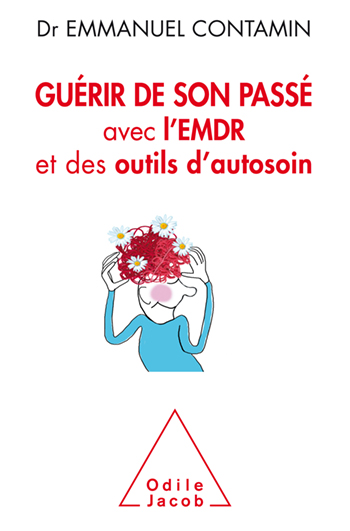
Emmanuel Contamin
Towards an ecology of the brain With EMDR and self-care techniques
Explanations for a general readership on the way in which the brain processes information, according to emotional load, and stocks it in various levels of memory. A pedagogical work that sensitizes us to the work of ecology that every one of us can lead, because it is possible to teach ourselves to better regulate our emotions. Ways, means and self-care tools to improve our mental hygiene.
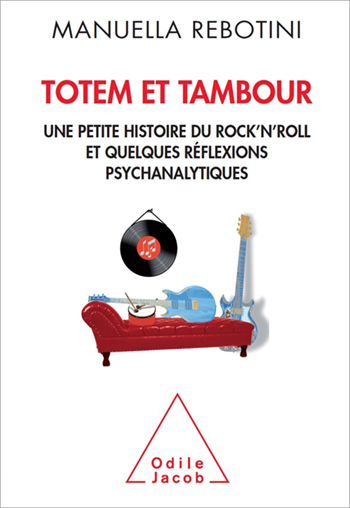
Manuella Rebotini
Totemic Drums A Short History of Rock Music and Some Psychoanalytic Considerations
Contemporary American popular history, revisited by rock music and psychoanalysis
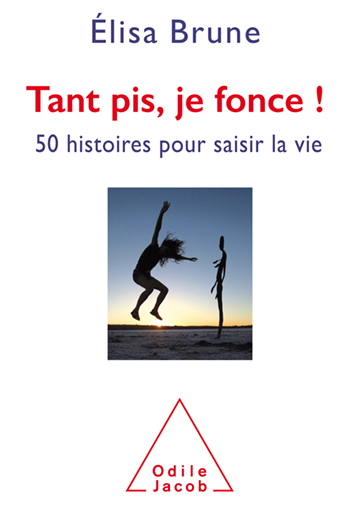
Élisa Brune
Too Bad – I’m Going For It 50 Stories to Grab onto Life
How can one perceive one’s own freedom? How can one listen to oneself, others, and chance? How can we act so we’re not on automatic pilot? Fifty short essays that focus on that bit of awareness that helps us see life from a positive angle.
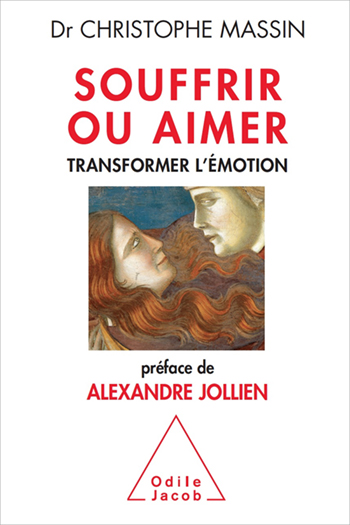
Christophe Massin
To Suffer or to Love
Psychological and spiritual tools to feel better about yourself and with others
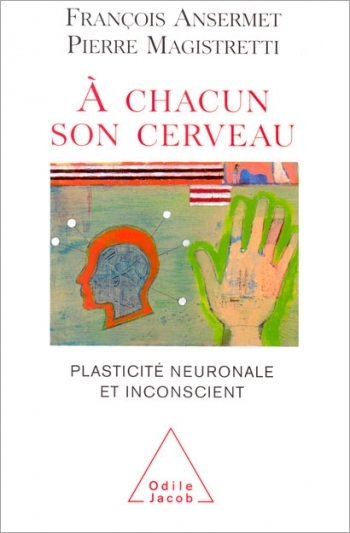
François Ansermet, Pierre Magistretti
To Each His Own Brain Biology of the Unconscious
This book is the result of the coming together of psychoanalysis and neuroscience around the shared observation that experience leaves a mark. Although the idea that experience produces psychic imprints - whether conscious or unconscious - has always been central to psychoanalysis, it was not until recently that findings in neurobiology demonstrated that neuronal plasticity existed and that it operated throughout a person's life. This constant remodelling in relation to experience poses certain basic questions about each individual's identity and future. How does psychic life emerge from experience and from what it imprints? What are the respective contributions of external stimuli (the reality behind experience) and of internal stimuli (the imprinted marks)? How do the mechanisms of synaptic plasticity participate in the establishment of an unconscious internal reality? What is the role of the body in this new dynamic organisation? This book provides the foundations for a better understanding of the relations between neuroscience and psychoanalysis and offers an original theory of the unconscious, by combining recent findings in neurobiology with the basic principles of psychoanalysis. Eschewing genetic determinism, it shows that each individual is different and each brain unique. Pierre Magistretti, a physician and neurobiologist, is a professor of physiology and director of the Centre for Psychiatric Neuroscience at the University of Lausanne's medical school. In addition, he is the president of the Federation of European Neuroscience Societies. François Ansermet is a psychoanalyst and professor of child and adolescent psychology at the University of Lausanne. He is the co-author, with O. Halfon and B. Pierrehumbert, of Filiations psychiques (Presses Universitaires de France, 2000).

